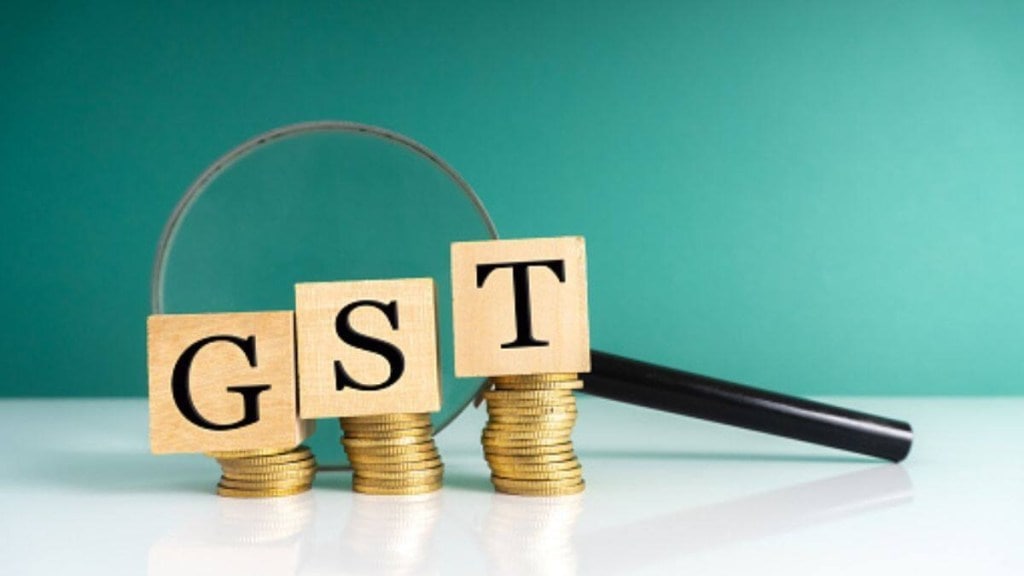The Supreme Court (SC) has issued a notice to the Centre regarding the anti-profiteering provisions of the Central Goods and Services Act (CGST) and rules, which were declared constitutional by the Delhi High Court last month.The three-judge bench led by Chief Justice DY Chandrachud was hearing a special leave petition filed by the manufacturer of dishwasher products Excel Rasayan against the Delhi High Court ruling.
On January 30, the Delhi HC ruled that the relevant sections of the CGST Act and rules provide that any reduction in the rate of tax or the benefit of input tax credit (ITC) shall be passed on to the consumers by way of a “commensurate reduction in prices”. Any willful action of not passing on the benefits will be treated as ‘profiteering’.The HC held that the relevant legal provisions are not a price-fixing mechanism and do not violate Article 19 or Article 300A of the Constitution. The judgment was a setback to over 100 companies, including Hindustan Unilever (HUL), Nestle, Patanjali, and Philips, who had petitioned against the validity of the provisions.
Abhishek A Rastogi, founder of Rastogi Chambers, argued before the SC that in the absence of methodology, the anti-profiteering provisions are “manifestly arbitrary and vague”. Petitioners say that the anti-profiteering provisions are manifestly arbitrary as there is no methodology to determine the quantum of profiteering.Rastogi also argued that there are no time limits prescribed for the profiteering provisions to end, and this poses significant difficulties for the companies as the consequential effect is price regulation in a way for an undefined period.
The National Anti-Profiteering Authority (NAA), set up in 2017, was tasked with ensuring that companies translate the benefits of ITC and GST reductions into price decreases for consumers. It was, however, dissolved by the government in December 2022. Since then, the Competition Commission of India (CCI) has been dealing with cases of profiteering.
